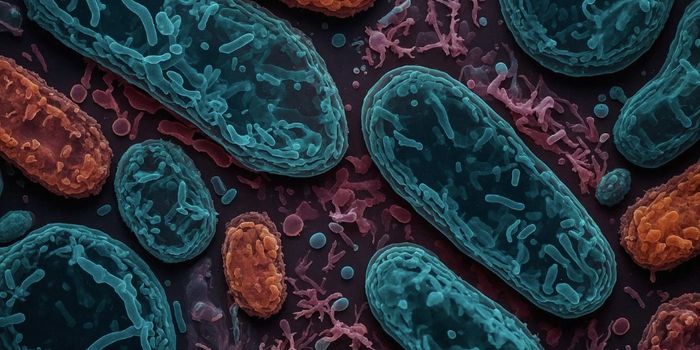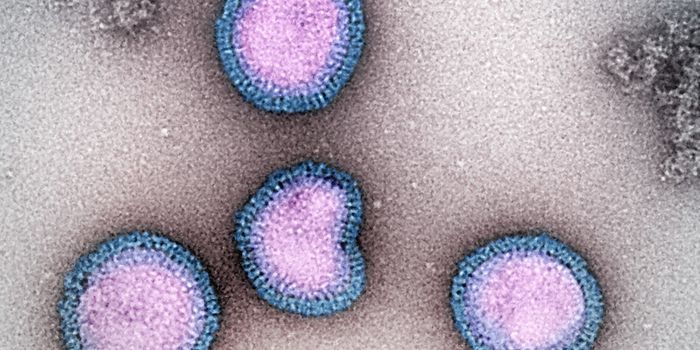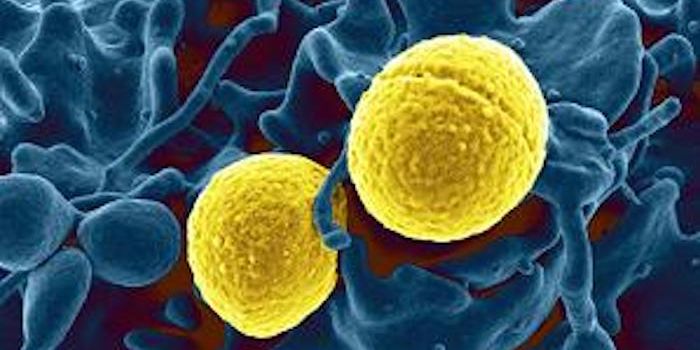Does a Strain of Gut Bacteria Cause Parental Neglect?
The gut microbiome is made up of a huge number of different microbial species, and scientists are learning more about how those various microbes might be affecting our health, and our minds. The gut has a direct connection to the brain (called the gut-brain axis or gut-microbiota-brain-axis), and there is an ever-increasing body of work that indicates that some microorganisms in the gut have an impact on our brains and behavior. Work reported in Science Advances has now suggested that one particular strain of Escherichia coli bacteria causes female mice to neglect their offspring.
"To our knowledge, this is the first demonstration that the intestinal microbiota is important for promoting healthy maternal behavior and bonding between mom and offspring in an animal model," said the senior study author Professor Janelle Ayres, Laboratory Head of the Salk Institute's Molecular and Systems Physiology Laboratory. "It adds to the ever-growing evidence that there's a gut-brain connection and that microbes are important for regulating the behavior of the host that they're inhabiting."
The composition of the gut microbiome has been connected to many different diseases as well as mental health conditions including autism, anxiety, and depression. Human behavior is difficult to study, however, making it especially challenging to connect specific types of microbes to certain actions. The gut microbiome is also extremely complex; it has different compositions in different people, and the many strains of microbes all have their own genomes and proteins.
In the Ayers lab, researchers are investigating the interaction between body systems and the microbiome, and how those relationships affect health. In this work, the team studied a strain of mice that was engineered to carry only one strain of E. coli called O16:H48 MG1655 in their guts. The scientists found that growth was stunted in the offspring of these mice, and that happened because they were malnourished. But that wasn't because the mice weren't eating; it was because their moms weren't available to them.
"We found that the pups' behavior was normal, and the milk made by the mothers was of normal, healthy composition and was being produced in normal amounts. We eventually figured out that being colonized with this particular bacteria led to poor maternal behavior. The mice were neglecting their pups," Ayres explained.
Additional work indicated that the stunted growth could be treated successfully by supplementing the mice with a growth factor called IGF-1 or by using foster mouse mothers that took proper care of them. This seems to confirm that the growth was stunted in these mice because of their mothers' behavior.
"Our study provides an unprecedented understanding of how the intestinal microbiota can disrupt maternal behavior and how this can negatively impact [the] development of an offspring," said the first study author Yujung Michelle Lee, Ph.D., a former Ayres lab graduate student who is now a postdoctoral fellow at Genentech. "It is very interesting to me that establishment of a healthy mother-infant relationship is driven by factors beyond hormones, and that the microorganisms residing in our bodies play a significant role in it."
More experiments are planned to learn more about how the microbes cause these behavioral changes in the mice. The bacteria could be affecting serotonin levels, the researchers suggested.
"It's very hard to study these relationships in humans, because the human microbiota contains hundreds of different species of microorganisms," noted Ayres. "But once we understand more about the mechanisms in animal models, we may be able translate our findings to humans to determine whether the microbes and their effects might be the same."
Humans have been found to carry the O16:H48 MG1655 strain, and it was thought not to have any beneficial or negative impact; more work may be needed on that point now.
Sources: AAAS/Eurekalert! Via Salk Institute, Science Advances









